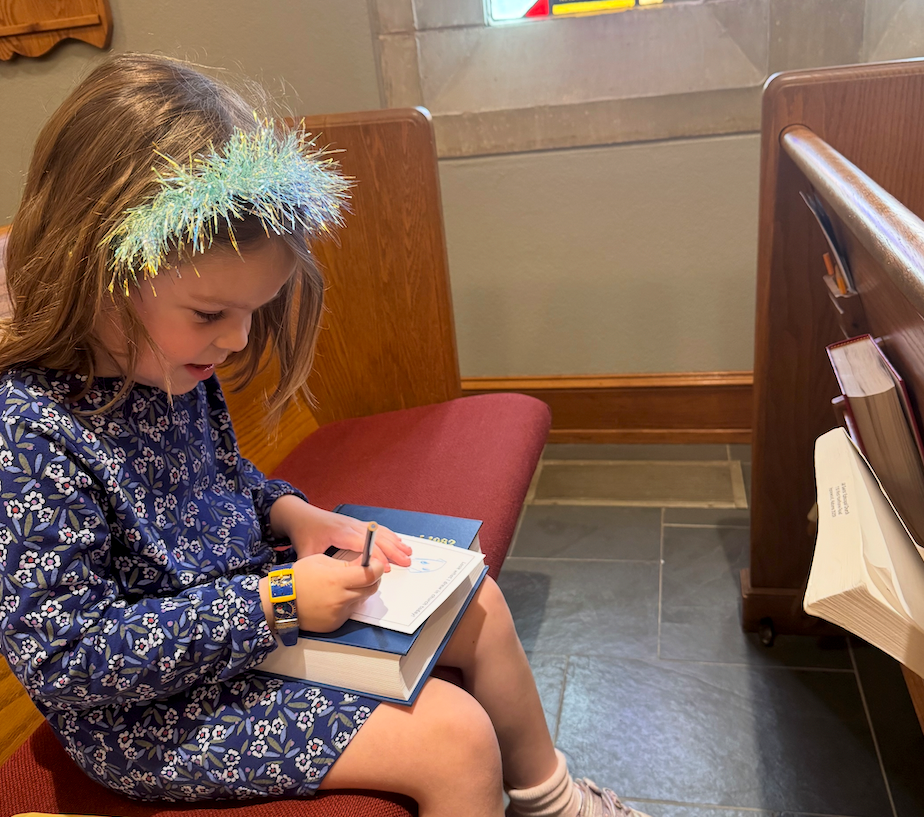Noncomplementary Behavior
It was a warm summer evening in Washington D.C. when eight friends gathered to raise a glass or two of French wine and share in a delicious dinner. A man named Michael, his Wife, and their 14 year-old daughter were among the guests. The group talked and toasted the night away with laughter filling up the nighttime air. Then, all of a sudden it happened.
An arm stretched out of seemingly nowhere to produce a gun with a long barrel. The hand with the gun belonged to a man. The man was well kempt, dressed in athletic gear, and of medium height and build. He pointed the gun at one of Michael’s friends, then at Michael’s wife. The intruder asked her to give him her money, first in a calm voice, then more hysterically.
Michael and his friends believed the man, but there was a slight problem, none of them had any money. The group of friends next attempted to persuade the man to pursue some alternative path. At first, they tried guilt. “What would your mother think?” they asked. He replied angrily, “I have no mother!” Michael kept thinking, this is going to end terribly, “We may end up dead.”
Then, one of the women at the table, Christina, piped up. She spoke to the man with the gun saying that this group of friends was there celebrating, and why not join them for a glass of wine. A switch went off in the man and the entire group could feel it. All of a sudden the man’s countenance shifted. He took a sip from the glass he was handed and replied, “[Man], that’s a really good glass of wine.” He reached down for some cheese on the table and put the gun in his pocket.
Then, the man uttered, “I think I’ve come to the wrong place.” The group all responded in a supportive way, “We understand.” For a moment they all sat together in this strange bit of fellowship with the celestial lights of the night shining down and the sound of cicadas filling the space of the evening air. At this moment the intruding man, now disarmed, asked, “Can I get a hug?”
One by one the party-goers gave the man a hug. Then he asked for a group hug, which the friends reluctantly gave to the once-threatening man. He said he was sorry, and walked out the gate with a glass of wine in his hand. After catching their breath and calming down a bit the friends found the wine glass on the concrete in the alleyway. It was not smashed and shattered in anger or revolt. It was not haphazardly tossed aside in apathy. No, the glass was neatly placed on the ground. All of the friends went inside to cry in gratitude.[1]
This is a story from the podcast Invisibilia, which means invisible things. The show airs on National Public Radio (NPR) and explores the hidden forces—“ideas, beliefs, assumptions, and emotions”—that control our human behavior. On this particular episode, which aired back in 2016, the program broached a topic called “noncomplementary behavior.” Most of the time when someone treats us in a certain way, our instinctive response is to reply in the same way. When someone does us a favor we respond in turn—when they hurt us, we hurt them. Noncomplementary behavior, though is something different. It is how Jesus lived his life and how he teaches us to live ours as well.
Jesus said “You have heard that it was said, ‘An eye for an eye and a tooth for a tooth.’ But I say to you, do not resist an evildoer. But if anyone strikes you on the right cheek, turn the other also; and if anyone wants to sue you and take your coat, give your cloak as well; and if anyone forces you to go one mile, go also the second mile” (Matthew 5:38-41). Additionally, he spoke, “Love your enemies, do good to those who hate you, bless those who curse you, pray for those who abuse you” (6:27-28). Countless stories Jesus told—including today’s—show us how we can use noncomplementary behavior to reveal God’s Reign, not at some distant time and place, but here and now.
The Good Samaritan was a story to teach his followers to see their enemies as neighbors. The Prodigal Son informed those listening that no matter how far away they thought someone was from the Father, God was always ready to embrace and celebrate a child’s coming home. And in today’s Gospel lesson, Jesus again used noncomplementary behavior to show us that he was not sent to be a judge or an arbitrator, but a teacher and a friend.
A man came to get Jesus to settle the score between his brother and himself. Jesus would do no such thing, alternatively he warned against greed by telling a parable. A man had a bumper crop. To accommodate for this great yield, he contemplated tearing down his barns and building up giant silos instead. This was shrewd business. To build up a new barn was complementary behavior—the crops produced more, so now I must store more. However, the motivation this man felt was not practicality, but rather greed. He wanted to not only build silos, but also to silo himself off from the world saying, “Soul, you have ample goods laid up for many years; relax, eat, drink, [and] be merry.” This too is common, complementary behavior in our world.
We are hungry, so we must eat; however, we get greedy—not just for money, but also for power, prestige, and place in this world. Jesus came to teach us the way to the Father that life is more than just the accumulation of status symbols. God says to us just like he said to that man long ago, “You fool! Right now your life is being demanded of you. And the things you have prepared, whose will they be?” We who have been given of God’s abundance can be tricked into thinking that it belongs to us, and our common instinct pushes us to hide it all away, but that is not what Jesus teaches us here.
This does not mean that you have to liquidate all your assets, that is not what I am saying, but what we store up and how we store it matters. We may believe that we own things in this world, but all of it—every single penny—comes from God and it will return to God. We hear this in the story.
Notice the way Jesus talks about the bumper crop. He does not say the man produced it, but rather that the rich man’s land produced it. It is God who provided for the man, but the man got greedy and wanted to insulate himself from the world. When we silo ourselves away, we may be doing what is prevalent in our society, but this is not how Jesus lived his life—and it’s not how he teaches us to live.
Jesus used noncomplementary behavior throughout his life to live the Good News of God’s saving grace. When asked to be a judge in this lesson, he instead taught and befriended the brother to help him learn. When at Table with his followers Jesus did not take the best seat, but counterintuitively he served his disciples to teach them about true leadership. When being crucified on the cross Jesus’ last words, “Father forgive them, for they know not what they do” flew in the face of a world obsessed with vengeance. And, the ultimate noncomplementary behavior came as God responded to humanity’s attempts to kill Jesus not with wrath, but with the loving light of Resurrection.
We seem to be wired to respond in complementary ways. When someone rips out our eye we want to come back and take both of theirs. If someone talks badly about us, we do the same. Some believe the solution to violence is more violence. Others turn to more and more isolation to silo themselves off from anything that is different. This is not the way of Jesus. Jesus used noncomplementary behavior to challenge the status quo. He seemed to say, “True wealth is not in holding onto money, but in sharing with others; right leadership is not in lording over others, but in serving them; and real power comes not in perpetuating violence, but in the love that not even death can overcome.”
Back on June 16, Bart Rainey, Sharon Yeager, and Jane Pounds, the three martyrs of St. Stephen’s Church, along with others who attended that potluck practiced this noncomplementary behavior. They offered wine, food, and hospitality to a stranger. Unlike what happened on the Invisibilia episode though, their actions cost them their lives and forever altered the life of our sister parish.
Sometimes when we speak as Christians, it feels aspirational, like we are aiming towards some goal we all can work towards; however, in seeing the lives of innocent Episcopalians extinguished in violence it feels dangerous to say what I am about to say—dangerous, but important and ultimately in the way of Christ. We are called to live noncomplementary lives—lives that are often out of step with the longings and desires of our society—lives that are of Jesus’ way.
When others are greedy, we are to be givers.
When the world is power-hungry, we are to be servants.
When our society is violent, we are to be peacemakers.
May we walk in love, as Christ loved us and gave himself for us, an offering and sacrifice to God. Amen.
More Announcements







